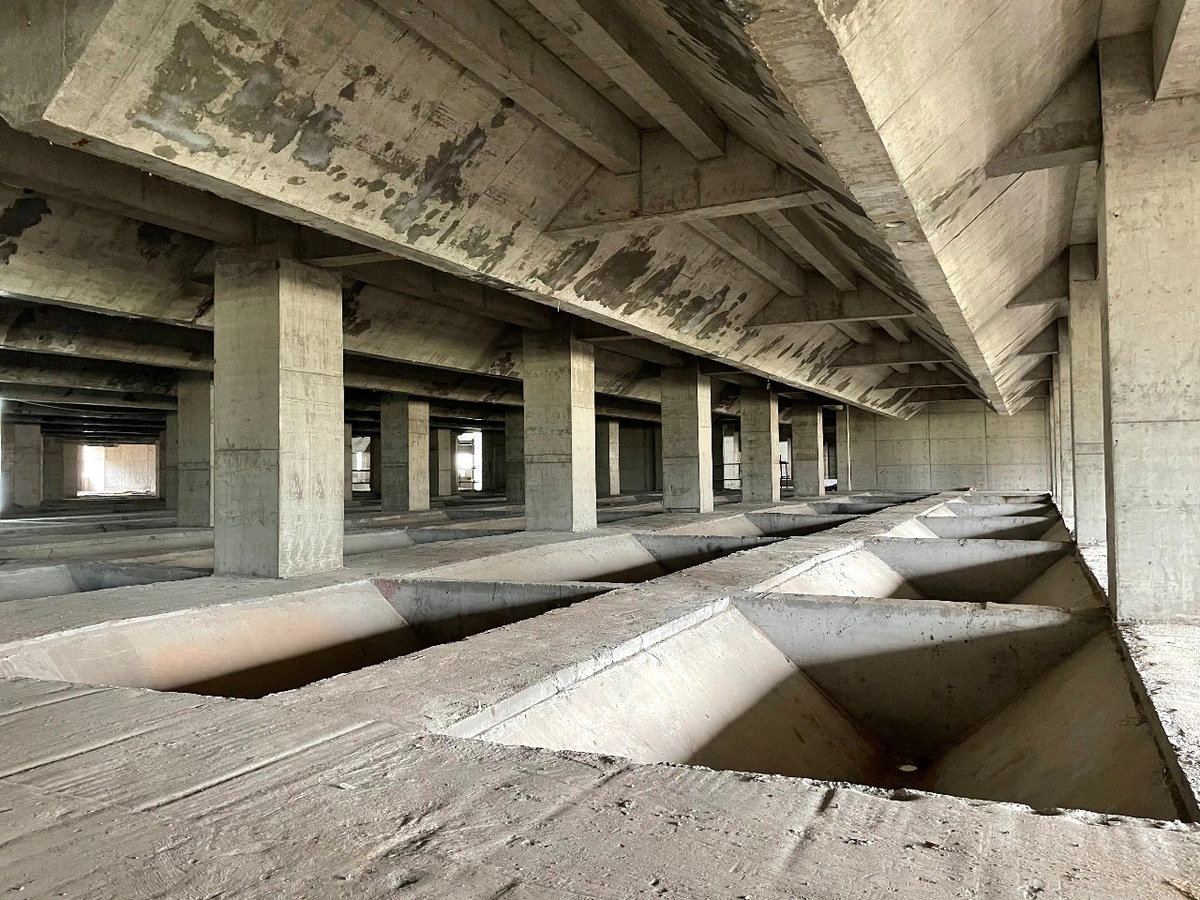
- Although many experts warn that industrial livestock farming is causing more and more disease and epidemics – in addition to the damage to the climate, the environment and the jobs of millions of small farmers – agro-industry does not intend to change course: In the Chinese city of Ezhou, near Wuhan, which has been cited as the cradle of Covid-19, a giant 650,000 head incubator has been launched in September in a 26 station building.

It is known as a “pig hotel”, but it is nothing more than an ugly food churrería. The one from Alimal, yes, because in each of its 26 plants 25,000 animals grow, in total 650,000. And in this “cottage” all the figures are of the same collapse: each lift can go up or down 40 tons, has invested more than 580 million euros in this automated building, next to this ‘hotel’ four more will be built among all until three million pigs accumulate…
News agencies have pointed out that China, the world’s largest consumer of pork, has suffered great damage by having to kill millions of animals for African pork plague, cutting meat supply. And now the need to quickly organize their christs has led to the construction of the gigantic Chinese incubators. In essence, the scourge is taking advantage of to expel millions of farmers with agro-industrial minicruceros from the market and to concentrate the whole business on unique and painful stables.
Last April, during the construction of the first txerritegi, the City of Ezhou (Hubei province) presented in an apology report his new idea. “It could be called a hotel for pigs – propaganda from the town hall that began – unless the animals here leave the rooms to the pool, but to the dishes of the people’s dinner. It is one of the highest pig farming plants in China and will use the new technology to remove odors. (…) The structure is designed for luxury, with air conditioning and heating systems to adapt to summer and winter. Each plant has its own ventilation and deodorization system. Pig waste shall be disposed of by a sewage system.” Where and how diapers and daily droppings of 650,000 pigs will be ‘eliminated’ within 365 days of the year, this is not explained by the chronicle paid by the administration.
If you know that behind most of the major global infrastructures, such as the High-Speed Train, the incinerator, motorways of all kinds, etc., there are cement industries, in China it has been shown that cement also has much to say in the field of food, arguing that it has combined business with environmental care: “Compared to traditional pig farms, this saves soil and is more environmentally friendly,” said owner and investor Zhuge Wenda. Zhuge also owns a company dedicated to the production of concrete and cement. (…) When the number of large infrastructure projects has been reduced, the concrete and cement business is also narrowing." And there is a new opportunity to revive the economy from concrete, because "the market always has a place for high quality meat and the future of the pig industry is excellent".
For the rest, what better than creating new jobs that link people's healthy food to promote employment and technological progress? “It takes high-skilled workers – says Zhuge Wenda, now a concrete boss has become a gold breeder – to make the factory work as efficiently as possible. The company has recently published an announcement to hire workers with a salary of 300,000 yuan ($50,000) a year (…) We need a talent that knows all the feeding, deodorizing and monitoring systems. And we hope that with this attractive offering we will be able to attract good workers."
